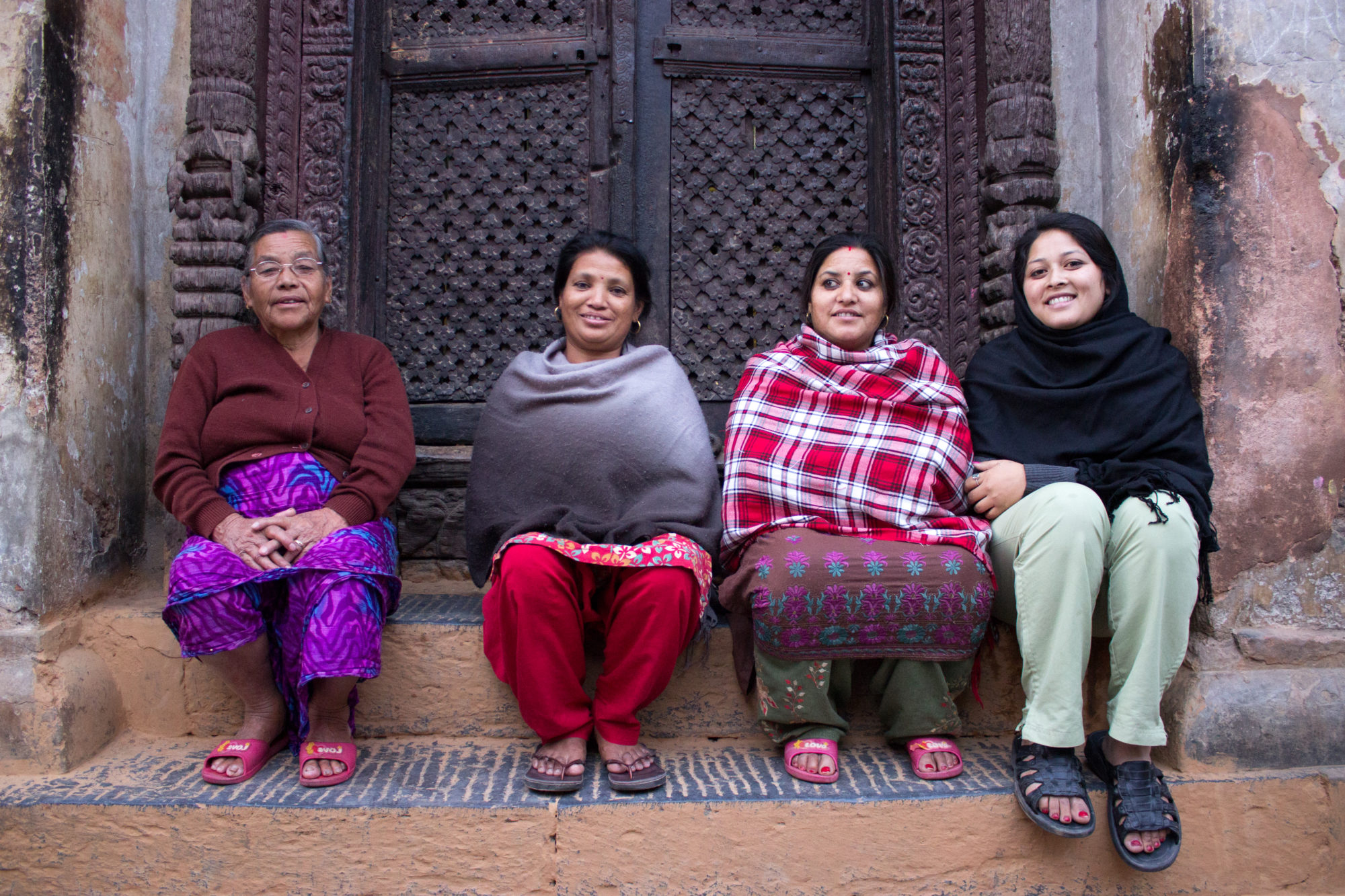
Recently, my husband and I sat down with a StrengthsFinder consultant because we simply wanted to assess what we each bring to the proverbial table. In an effort to dig a little deeper into how we are designed, the consultant asked a common question: “Do you recharge by being alone or with a group of people?”
Both of my feet are firmly planted in the alone category. I mean, I enjoy a good game night, and I wouldn’t turn down an invitation to dinner. I certainly don’t avoid crowds or new people. But there’s an invisible limit to my social intake, and once I hit it, my social capacities plummet and all I want is my couch and my Kindle.
That’s ok, I guess. No one would argue that taking time for oneself is harmful or relationally unacceptable. But hidden weaknesses exist in the undercurrent of my introversion, and of course, Jesus beautifully exposes them.
Yeah, but That’s Jesus
I was reading along in the book of Matthew when I came to the account of John, Jesus’s cousin, who was beheaded by the tyrant King Herod. And then, in almost a whisper of a verse, I saw what Jesus did in the wake of John’s death.
“When Jesus heard what had happened, he withdrew by boat privately to a solitary place. Hearing of this, the crowds followed him on foot from the towns. When Jesus landed and saw a large crowd, he had compassion on them and healed their sick” (Matt. 14:13–14 NIV).
Jesus—constantly pursued by people seeking his wisdom, seeking his hand, seeking his fame—had compassion. With the news of his cousin’s unjust murder still fresh in his grieving heart, Jesus pushed it aside and poured himself out to the masses.
“Jesus—constantly pursued by people seeking his wisdom, seeking his hand, seeking his fame—had compassion.”
His response is so counterintuitive to my default. Forget social overload. Give me one frustrating conversation with a taxi driver or a bad language learning experience, and I’m ready to call it a day.
I was talking with a friend about this, and her response was, “Well, he’s Jesus. We could never expect to be capable of a response to that level.” I latched on to that conclusion because I felt justified in my comfortable lack of relational interaction, which worked until I watched someone pull off an unthinkable level of compassion.
Our Call to Live a Life of Inconvenience
One of my colleagues in South Asia might be the busiest man I know. While living overseas with his family of five, he travels constantly and hosts continuously. I know he gets very little sleep, and he is always being asked to give information, help, and advice. After a particularly long run of this schedule, he decided to stay home to get some rest while his family joined us out for dinner.
Twenty minutes after he kicked off his shoes, his family’s maid called. Her husband had just passed away, and the financial and administrative duties of his burial fell to her. Because he was Muslim, she was racing against the clock to bury him before sundown, according to their local custom.
She called grieving, upset, and overwhelmed by all the demands forced on her as the man’s second wife. As a new follower of Jesus, she desperately needed to hear words of truth and peace from the wisest Christians she knew. My colleague slipped his shoes back on, picked up his family, and drove them to their maid’s home at 9 p.m. to support her in the midst of chaos and sorrow.
Friends, my sinful heart would have comforted her on the phone and given her a hug in the morning. I was so challenged by his example. He had the sit-this-one-out card in his back pocket, and he just chose not to play it. This is the radical love and abandonment Jesus demonstrated, and it is possible.
What a statement it would make if we realized our potential to press on rather than withdraw. To push past the tiredness and frustrations we make too much of, anyway. To ask God to make us aware of and obedient to unexpected, maybe inconvenient opportunities to serve others. To have open homes and open hands when it’s not fun and your carpets get ruined and your free time dries up.
God’s Power Is Strength in Our Weakness
I couldn’t manifest that compassion on my own, so I prayed for the desire to make myself more available. Ask and you shall receive. Almost immediately, my husband and I began hosting people overnight, sometimes three at a time. We’ve had at least one guest in our home for six hours a day, five or six days a week. I’ve made more impromptu dinners in two weeks than I have in the first six years of our marriage. Our floors are covered in dirt from the shoes of our guests, and I’ve given up on enforcing the use of coasters.
“Through your shortcomings—your lack of whatever—his power comes through in ways that you absolutely do not understand.”
And it’s been so beautiful. All of this is the complete opposite of who I am, but that’s been the best part. It’s dependent upon strength from the Lord. When he says, “My power is made perfect in weakness” (2 Cor. 12:9 NIV), he means that through your shortcomings—your lack of whatever—his power comes through in ways that you absolutely do not understand.
My journey to pour out my life hasn’t been a night-and-day transformation. I threw a tiny fit when certain dinner plans changed last week. But God gently moves me forward. He brings to mind these words penned by Hillsong a few years back, and they remind me of my purpose—our purpose—in the sharing of our lives for the sake of the kingdom.
“I’m to be filled to be emptied again. The seed I’ve received I must sow.”

